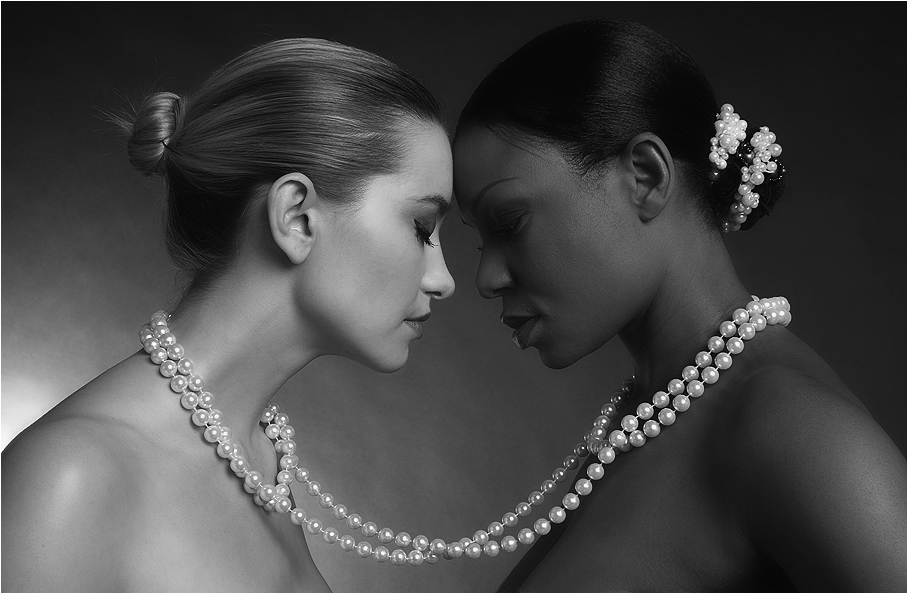Skinny Shaming: Fact or Fiction?
Skinny Shaming: Fact or Fiction?
In the wake of Nikki Grahame’s recent passing, we assess how a culture of anti-fatness influences eating disorders among Women and how race and culture inform their manifestations. Co-Host Maxine Harrison argues that skinny shaming exists as a legitimate medium of discrimination, while Co-Host Hannah Uguru discerns between personal injury and structural oppression to claim that it does not exist on an institutional level.
Sources cited:
PMC’s 2012 study found that US Black teenage girls were more likely to have higher self-esteem than their white counterparts. We place these findings in the context of overwhelmingly white depictions of female beauty standards, which are less likely to be internalised by young Black Women and girls because they do not relate.
In 2016, the BBC reported a negative correlation between weight and income, which is especially pronounced in Women. They write: “According to the [Exeter University] study, if a woman was a stone (6.3kg) heavier for no other reason than her genetics, she would have an income £1,500 ($1,867) less per year than a thinner woman of the same height”.
In 2020, Meeting of Minds (for Real Reads) explored the viability of beauty neutrality and beauty positivity as frameworks to deconstruct the beauty industrial complex that informs Women’s social currency.
Podcast produced by: Hannah Uguru, with guest speaker Maxine Harrison.
Hannah is our Commissioning Editor. She is an award-winning writer who is passionate about discussions centring black women and the nuances within this identity. Connect with her on Instagram and on her blog.
Maxine is our Business Editor. She is also a freelance writer and founder of the Remi Reports blog – a blog helping freelance creatives build their business and lifestyle.





